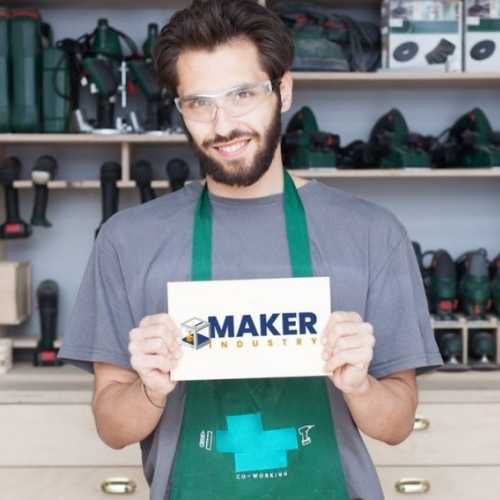Vinyl is a man made substance that is not natural. And vinyl poses a health hazard when cut with a laser.
Cutting vinyl with a laser cutter is toxic and hazardous to human health. The fumes produced during the cutting process are toxic and will harm the operator’s health. It is important to avoid any vinyl material when using a laser cutter. It is also important to note that vinyl can damage the laser cutter. This type of material should not be utilized.
We recommend using a vinyl cutter to specifically cut this material.
Can you cut Vinyl Records with a Laser Cutter?
You should never cut vinyl records with a laser cutter. We recommend using a hot knife or a sharp pair of scissors as to not break the vinyl records.
Risks Associated with Vinyl Laser Cutting
- Emission of toxic fumes such as corrosive hydrogen gas, ethylene, vinyl chloride and dioxin
- Cancer (fumes are carcinogenic)
- Neurological damage and disruption
- Reproductive system damage
- Immune system damage
How to Stay Safe When Using a Laser Cutter
Below are tips for using a laser cutter. Laser cutters are pieces of machinery that should be handled with care. Proper technique and safety tips should be enacted to keep everyone safe.
- First time users should only operate the laser cutter with an instructor present
This prevents accidents from occurring due to inexperience.
- Do not leave laser cutter unattended while in use
This prevents others from getting hurt when machines are in use.
- Only cut materials the are confirmed to be safe
Cutting safe and approved materials keeps you safe from toxic chemicals as well as others.
- Never cut toxic materials
Never cut materials that are known to be hazardous. Toxic materials such as vinyl, PVC and other types of plastic should never be cut with a laser cutter.
- Keep laser cutter lid closed
The laser beam is very powerful and can burn skin. Keeping the lid closed at all times of use will prevent damage to skin.
- Clean up debris post-use
Keeping the area neat and tidy will prevent potential fires or accidents in the future.
- Identify fire extinguisher in case of emergency
Locate the fire extinguisher or fire blanket in the event the laser cutter ignites.
- Wear a mask
Masks can be used if preferred. However, toxic material should never be cut, even with a mask on.
- Ensure proper ventilation
Ensure the laser cutter’s ventilation system is working properly and venting to the outdoors.
Safe Materials:
The following materials are approved and safe for laser cutting.
Wood
Wood is a safe and natural material for laser cutting that does not produce toxic fumes. This material is a very popular choice for laser cutting and is used often. Wood is a reliable and sustainable option. Wood will not damage the laser cutter in the way other materials that are not approved can.
Suggested Article: Best Wood for Laser Cutting
Cork
Cork is a safe and natural material for laser cutting as well. It does not create toxic fumes.
Paper
Paper is also safe and natural. It does not pose any threat of toxic fumes.
Other
Some materials such as leather, plastics, and metals can be cut. Just always make sure the material you are using are safe to use. Follow all manufacturer guidelines to ensure proper materials are used.
Suggested Article: Can you cut Carbon Fiber with a Laser Cutter?
Summary
You can not cut vinyl with laser cutter and you should always do your research before cutting or engraving any material. The process of laser cutting vinyl is extremely hazardous and toxic. Cutting vinyl with a laser cutter puts your health and others at risk. Vinyl laser cutting also risks damaging the machine and creating further issues.
Using approved materials keeps you safe and everyone around you safe. This is the first priority when working with machinery of any type.

